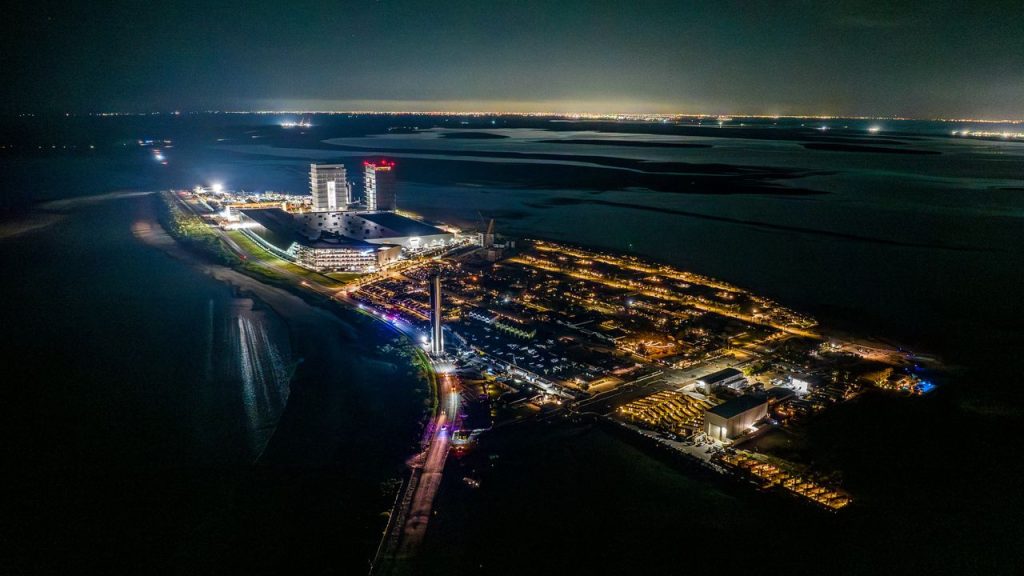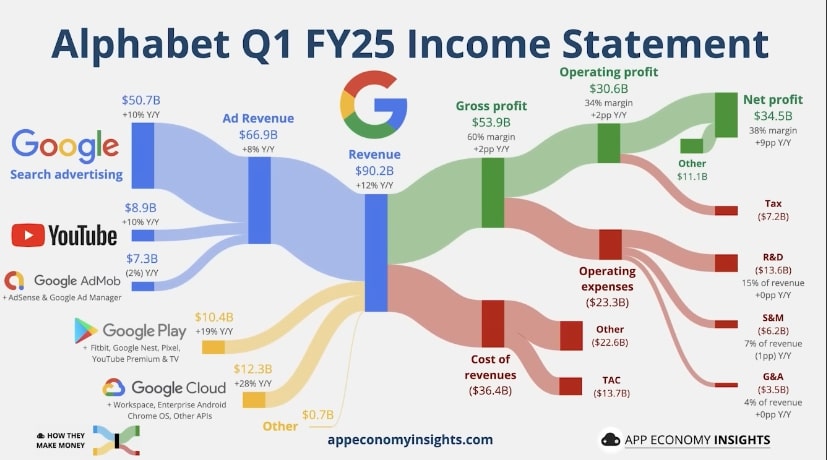Now Reading: Tesla AI Teases June 2025 Launch for Austin Robotaxi Service
-
01
Tesla AI Teases June 2025 Launch for Austin Robotaxi Service
Tesla AI Teases June 2025 Launch for Austin Robotaxi Service

Quick Summary
- Tesla AI has announced June 1st, 2025 as the start date for its Austin Robotaxi service.
- The initial rollout will consist of 10-20 Model Ys equipped with Full Self-Driving (FSD), operating without human supervision and offering paid rides.
- Tesla plans to scale robotaxi operations to over 5,000 vehicles in cities across California and Texas, surpassing current competitors like Waymo and Apollo Go in market size.
- The company aims to involve existing U.S. Tesla owners as participants in the robotaxi network to rapidly expand the fleet, targeting millions of active robotaxis by mid-to-late 2026.
Indian Opinion Analysis
The announcement regarding Tesla’s aspiring expansion into autonomous mobility services marks another milestone in global technological innovation. While this might seem distant from India’s context at first glance, it raises pertinent questions on readiness for similar technologies domestically. India’s crowded urban landscape could present both challenges and opportunities for deploying autonomous driving solutions such as robotaxis.
Tesla’s model of scaling by activating private vehicle owners highlights a decentralized approach that could be relevant if India were to explore similar initiatives. However, factors like infrastructure readiness, regulatory frameworks, liability issues surrounding self-driving technology, and public acceptance would critically shape adoption trajectories.
Given ongoing advancements such as reforms around electric vehicles (EVs) or investments in smart cities within India, this development accentuates the growing need for policy discussions around integrating AI-driven mobility into public transport ecosystems. It may also catalyze wider interest among domestic stakeholders regarding autonomous technologies’ feasibility tailored to Indian conditions.



























